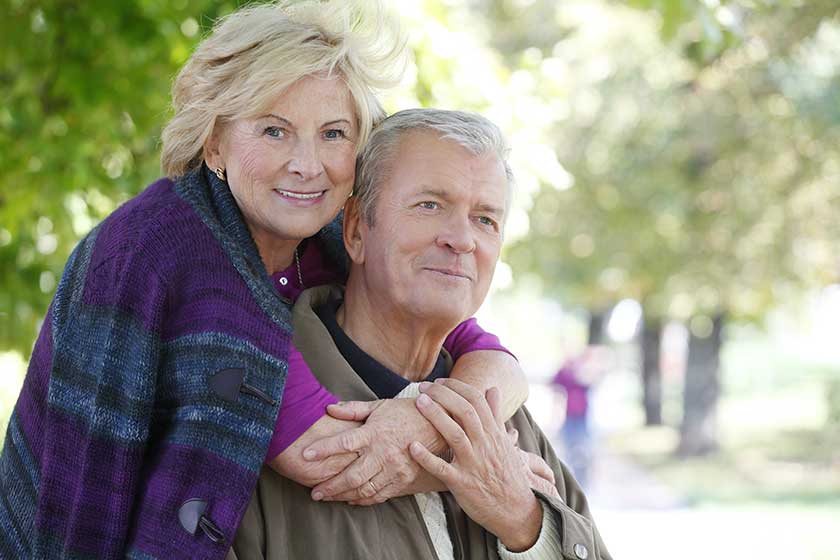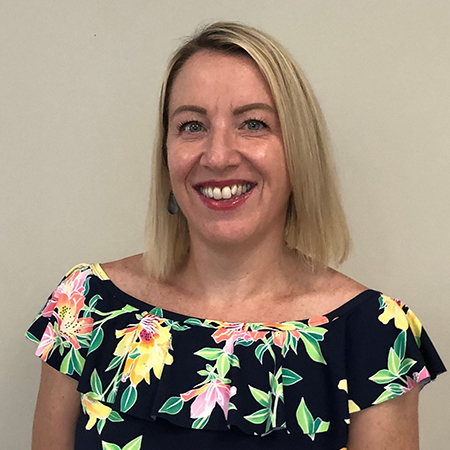Most of us don’t feel ready to broach the subject of end of-life care with loved ones but that it’s a conversation worth having at any time of life – young or old, well or ill.
It’s not always easy to talk about, but sharing and recording your wishes will not only help to ensure you receive care in accordance with your wishes, but will also help alleviate stress for your family, who might otherwise be faced with making difficult decisions about your care without being confident of your wishes.
It’s also good to remember that it’s not a final plan – you can change your mind at any time, even if you aren’t able to make decisions for yourself.
The reluctance in our society to talk about death means that our wishes are often not expressed or heard while we are still able to make them known. In fact, surveys consistently show that whilst between 60 and 70 per cent of Australians want to die at home, most of us die in hospitals.
Around forty per cent of deaths are expected, so that’s a huge number of people in the community we could support and help to die at home if that is what they wish.
By linking people with community palliative care services, we can help ensure their comfort and dignity, rather than subjecting them to an ambulance journey and a wait in the emergency department that isn’t actually going to improve outcomes.
What is an Advance Care Plan?
If you have firm thoughts about what you would and wouldn’t want in certain circumstances, it might be time for you to document and share them with the important people in your life.
An Advance Care Plan details how you wish to receive medical care in the event that you become too unwell to make decisions for yourself. If you are no longer able to make decisions or communicate with doctors, they will use your advanced care plan to ensure that your treatment proceeds according to your wishes.
Advanced care planning is about openness and honesty.
It’s also about making sure that people are aware of the limitations of medicine; that they are aware of their prognosis with and without certain interventions so that they can make much more informed choices.
What about an Advance Health Directive?
An Advance Health Directive is a formal method of advance care planning in which your wishes for care are detailed using a specific document which is witnessed by two people, one of whom must be authorised.
It is advisable to complete such a document with medical and legal advice, as the directive is legally binding meaning that medical staff must follow the directive provided where the clinical situation fits with that outlined.
Other forms of advance care planning include the appointment of an Enduring Power of Attorney, a person who will act on your behalf if you are unable to make decisions of a financial matter, and an Enduring Guardian, a person who will act of your behalf if you are unable to make decisions regarding your medical care.
Where can I find out more?
It is now easy to record your wishes – visit advancecareplanning.org.au to download an Advanced Health Directive (a legal document) and an Advanced Care Plan (includes additional personal wishes not covered in other formal documents).








